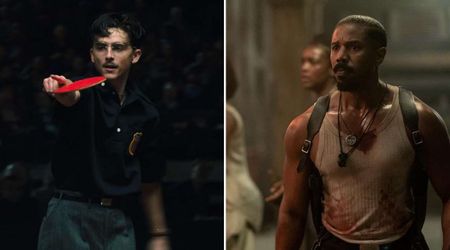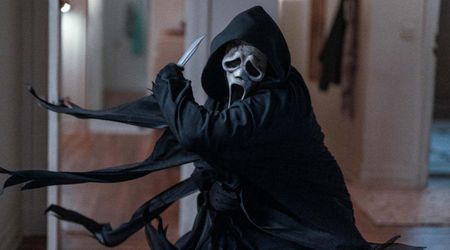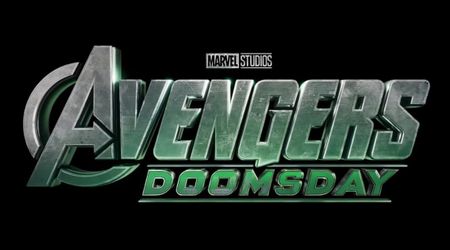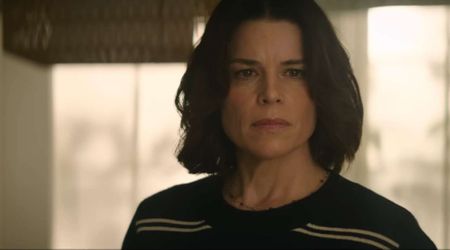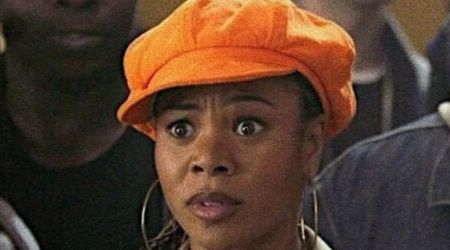'Enola Holmes' Review: Fourth wall breaks, forced romance mar Millie Bobby Brown's turn as Sherlock's sister

If you cringed when Millie Bobby Brown looked to the camera and said "'Tis I!" in the 'Enola Homles' film trailer, here's some bad news. There will be plenty of cringe moments with Bobby Brown frequently breaking the fourth wall in the course of this film, which serves to distract us rather than immerse us in her POV and the plot.
There is no lack of talent here. There is 'Fleabag' director Harry Bradbeer, who is probably responsible for engineering all those asides to the camera, be it earned or not. There is also Jack Thorne, the 'His Dark Materials' screenwriter. Millie Bobby Brown, star of the show, is flanked by experienced actors like Henry Cavill (as the most handsome Sherlock to grace our screens yet) and Sam Claflin, chomping into the role of the pompous, misogynistic Mycroft. There is also the delightful Fiona Shaw as the Victorian headmistress, determined to straighten Enola out, as a favor to Mycroft on whom she has a crush.
So all the ingredients for another enjoyable Sherlock spin-off are present, this time with a feminist YA twist of Sherlock's teenage sister, Enola, who is as brilliant and eccentric as he is. And yet, the ingredients never come together for a satisfying fry up, though the potential clearly exists.
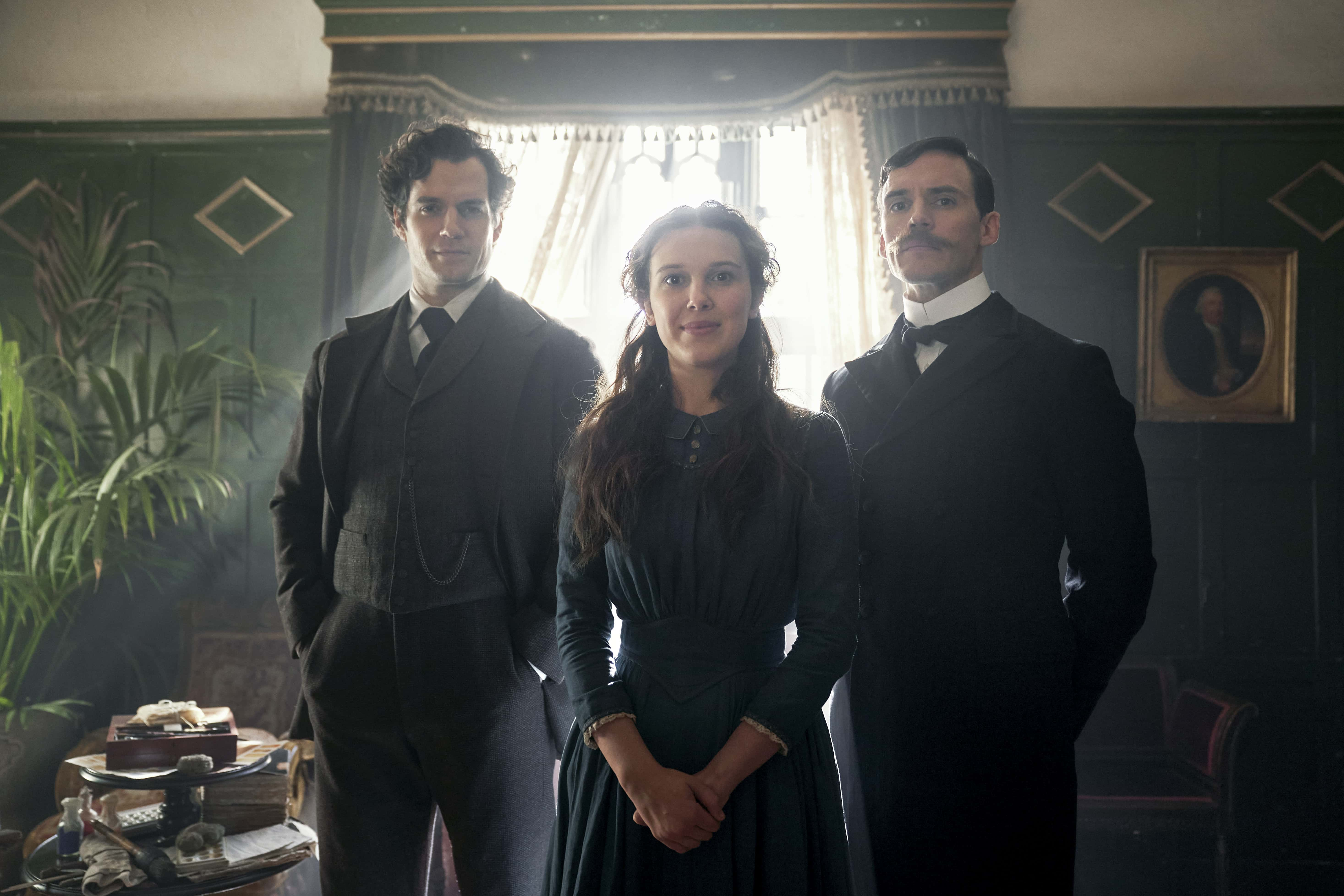
There are three reasons for this. One, the story begins on Enola Holmes' 16th birthday when she wakes up and finds her mother, Eudoria (Helena Bohham Carter) gone. Because of the creative decision to kick off the story at this point in time, we never get to see Eudoria interact with Enola in the present -- only in flashbacks and through the prism of Enola's memories.
While the flashbacks are numerous, enough to make Eudoria a full-fledged character in her own right, there is always that distance of time from her character. Bonham Carter is perfect as the eccentric mother, but we never know if she is a caring one, given her sudden and planned disappearance. The ending where she comes back, after everything is done and dusted, further reinforces this. Thus, the emotional core of the story and Enola's quest is jeopardized because we aren't sure she should be out looking for a mother like that.
Instead, if the film began a few days before the birthday and Eudoria's disappearance, we would have seen her bond with Enola as well as seen her hesitancy of leaving her for her suffragist revolution to 'change the world'. We would possibly also get some explanation about why she exited in such an ungraceful way -- like maybe a chat with the housekeeper about how Enola needed this to grow strong to survive the world.
The second reason the film fails is because Eudoria's eccentricity is contrasted with Enola's relative normalness. Sure, she has a habit of exchanging clothes with men and getting into bare-knuckle fisticuffs with the baddie on her tail -- but Bobby Brown is a conventionally attractive young woman. Her skills in the film might be ahead of Victorian times, but certainly not for us viewers in 2020.
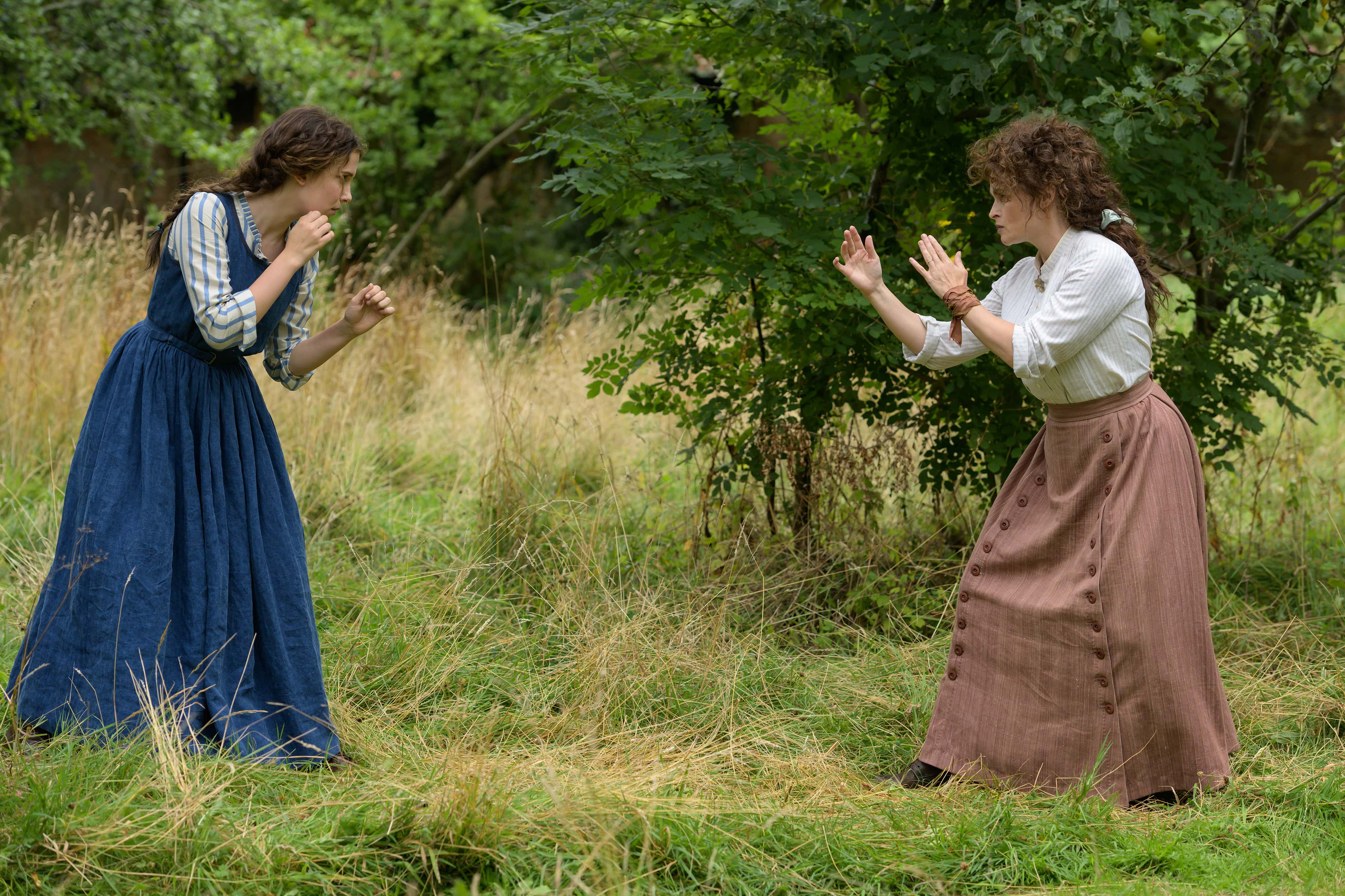
While Bonham Carter exudes eccentricity, no matter what time period she is stuck in, Bobby Brown exudes wholesome conventionality, with her long hair and rosy cheeks. She is not what you expect Sherlock's sister to be like. But to be fair Sherlock isn't quite himself in this film either -- played by Superman Henry Cavill himself, who is again too conventionally handsome and well-built to fit the part, though he tries to project the famous detective's cold austerity.
In fact, Fiona Shaw, who plays the headmistress, is how you would expect a Holmes sister to look like (albeit an older one). You'd want Enola to be more like a younger version of Shaw's character, Carolyn Martens, on 'Killing Eve'. But what you get is Bobby Brown playing Enola a bit more camp than needed, with too many asides to the camera, topped off with those flashbacks with Eudoria. At the end of it all, 'Enola Holmes' becomes Bobby Brown's extended showreel -- to the detriment of actual story-telling.
The third and final reason why 'Enola Holmes' doesn't quite rise to the potential of its premise, is the forced romance between her and the young viscount, Lord Tewksbury (Louis Partridge), on the run. Each time the two are thrown together, the scenes scream awkward and not in a good 'young romance awkward' kind of way. While Enola and Lord Tewksbury do have friend chemistry, there's no romantic spark between them. In addition, the little cues to inform us that Enola is developing a crush on him is badly done, only reinforcing her image as just another young girl who falls in love way too easily, dumping her quest for her mother to pursue him instead.
Louis Partridge does a good job but mostly is relegated to the background only popping in when the story needs a plot device to move it forward. It doesn't help that the central mystery of who is trying to kill Lord Tewksbury is not intriguing enough to hold a viewer's interest to ignore these failings and the mystery of the missing mother is also resolved but not in a way that satisfies. So, should you skip it or watch this? It isn't unpleasant in the least but it isn't the addictive binge-watch in the way most Sherlock Holmes spin-offs should be.
'Enola Holmes' is available to stream on Netflix.




